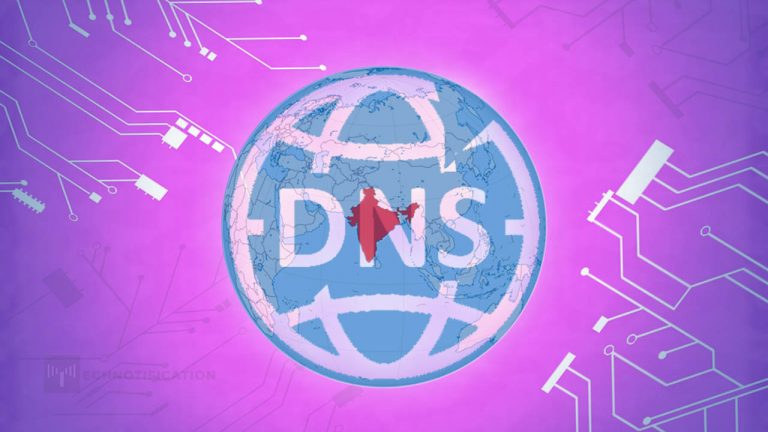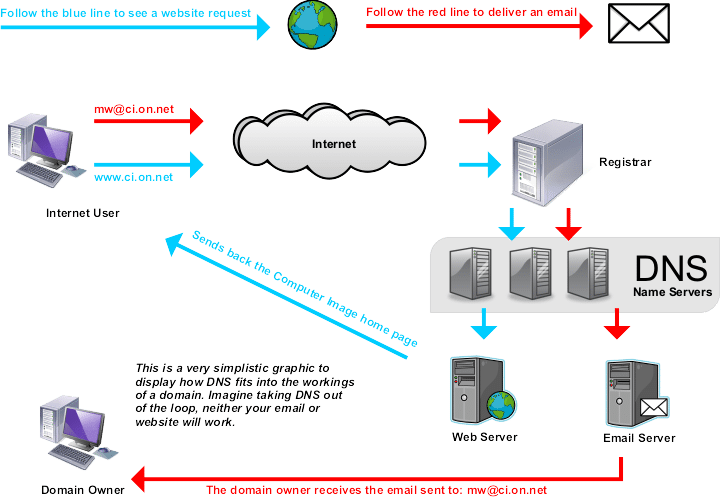The Indian Government is planning to roll out its own public Domain Name Server (DNS) in the country. Though the main motive behind this step is to provide a faster and safer browsing experience, there are several others too.
If you don’t know, DNS is like a directory for the Internet. It contains domains and their respective IP Addresses. When a user types a website URL in the address bar and clicks enter, the request goes to DNS first. Then, it converts the easy to remember domains into its corresponding IP Address and transfers the request to the website server.
How DNS works / Source: Wikimedia
Now, there are cases when DNS started working slowly or completely failed. It resulted in unhappy customers who are unable to access any website. Privacy and Security are some other concerns related to DNS. There are several small ISPs operating in the country who don’t have their own DNS and so are dependent on non-credible domain name servers.
According to the IT Ministry,
The main aim of bringing our own public DNS is to ensure availability, particularly for smaller Interest Service Providers (ISPs) who don’t have credible DNS.
The government is fine with the bigger ones who usually have their own DNS.
A public DNS will not only help the government to ensure that data of citizens are stored within the country, but would also help them in surveillance and to block websites with child porn or fake news or with any other kind of inappropriate content. Yes, they could use other DNS like Google Public DNS, the government’s system will provide more control and so they can easily safeguard Indians from visiting dangerous websites.
The National Informatics Centre (NIC) is working on execution and is expected to complete in the next 4 – 6 months. The NIC already uses the public DNS within the government network.
If you use any public DNS, they access and use all your data. It is not that users will compulsorily need to shift to India public DNS. A user is free to choose any DNS
the government official said while adding that users’ data in India would be stored within the country itself with the government’s public DNS.
The ministry has also planned to shed some light on the subject and teach end users about DNS and how to shift to the public DNS if they want to.


